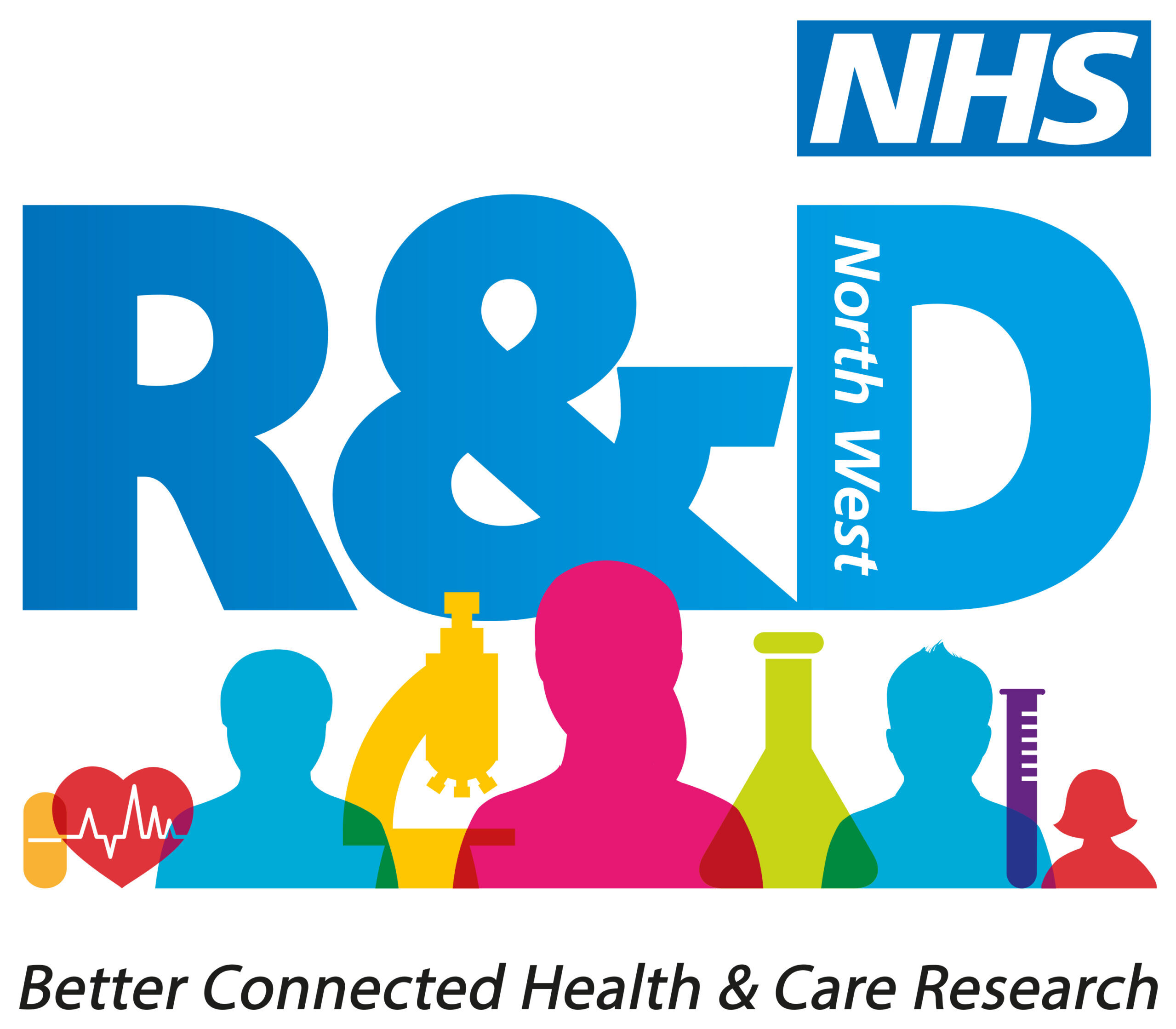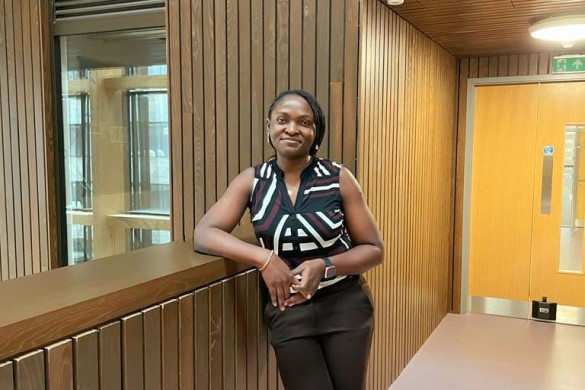In a thought-provoking seminar led by Professor Lilian Otaye-Ebede (PhD) on December 11, 2024, healthcare professionals, researchers, and policymakers gathered to discuss racial microaggressions in the NHS. The event, part of a larger provocation seminar series, illuminated the persistence of subtle, yet deeply impactful, forms of racism and explored actionable steps for creating equitable and inclusive workplaces.
About Professor Lilian Otaye-Ebede (PhD)
Professor Lilian Otaye-Ebede (PhD) is a Professor of Human Resource Management and Organisational Behaviour at the University of Liverpool. A leading expert in workplace diversity and inclusion, her research focuses on racial inequalities, strategic HRM, and employee well-being. With over a decade of work in the field, she has contributed extensively to understanding how racial inequalities impact individuals and organisations, promoting solutions/change initiatives to foster more racially inclusive cultures. Professor Otaye-Ebede’s insights are not only rooted in rigorous academic research but also in real-world applications, as she actively collaborates with policymakers and organisations to foster more inclusive workplaces.
What the Research Showed
Professor Lilian Otaye-Ebede shared key insights from over a decade of research into racial inequalities in the UK health sector, highlighting the widespread impact of microaggressions and structural biases:
- The Prevalence of Microaggressions: Subtle yet harmful remarks—such as “You speak good English” or assumptions about a person’s role based on race—reinforce both systemic and individual biases, fostering a culture of exclusion.
- Intersecting Layers of Racism: Racism operates on multiple levels—systemic, institutional, and individual—entrenching inequalities across workplace policies, organisational structures, and everyday interactions.
- Impact on Wellbeing and Career Progression: Those who experience microaggressions often report feeling isolated, less productive, and unsupported, leading to higher turnover rates among racially minoritised staff.
Solutions in Focus
The seminar emphasised a multi-level approach to change:
– Education: Ongoing, story-driven training to foster empathy and awareness.
– Active Bystanders: Encouraging individuals to recognise and challenge discriminatory behavior.
– Allyship and Accompliceship: Moving beyond passive support to actively dismantle systemic barriers.
– Micro-Interventions: Small, consistent actions to create safer, more inclusive environments.
Participant Reflections
Discussions highlighted barriers and opportunities for action:
– Barriers to Speaking Up: Fear of repercussions or being labeled a troublemaker often deters intervention.
– Cultural Change: Participants stressed that policy shifts must be matched by genuine changes in workplace culture.
– Empowering Allies: Support systems and clear reporting mechanisms are critical for enabling effective allyship.
What’s Next?
We are conscious that our provocation seminars only just scratch the surface of these important topics and are very much the start of a conversation.
With that in mind, we will be running a follow-up discussion with the researchers from the University of Liverpool to explore some of the ideas that came out of the provocation in more depth. We have called these “re-action learning” sessions – drawing on action-learning principles to create an opportunity to extend the conversation in a direction that matters to you and with a focus on identifying ways in which we might work together to drive changes to healthcare practices, policies and/or new research collaborations.
If you would be interested in taking part in this session, please contact Kate Bulpin at katebulpin@outlook.com.
The Provocations Seminar Series
The Provocations Seminar Series continues to provide valuable insights into underexplored areas of health and wellbeing. Join us for the next seminar, “Understanding Frailty as a Clinical, Social, and Existential Situation”, led by Victoria Cluley, Susan Pickard, and Chris Williams—experts in sociology, ageing, and healthcare.
This session will explore findings from The Lived Experience of Frailty study, which delves into the real-world experiences of older people living with frailty. Their insights are deeply moving and challenge existing models of care, highlighting the urgent need to foster positive attitudes toward ageing, challenge negative assumptions, and improve continuity and trust in healthcare.
Participants will engage in discussions on how to implement these changes in practice, ensuring that frailty is understood not just as a medical condition, but as a complex, lived experience that requires compassionate and holistic care.
Join us in this important conversation on reshaping care for older people.
Date: 12 March 2025
Time: 12:15 PM

